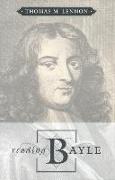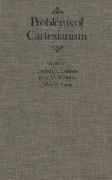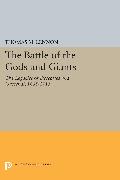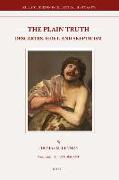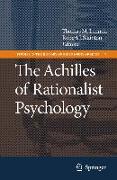Sacrifice and Self-Interest in Seventeenth-Century France...
Lennon, Thomas M.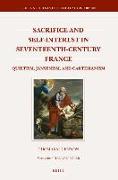
The debate in 17th-century France between the Quietists and their opponents raised the question whether we should be willing to sacrifice the salvation of our own souls for love of another. Descartes's views on freewill were cited by both sides.

